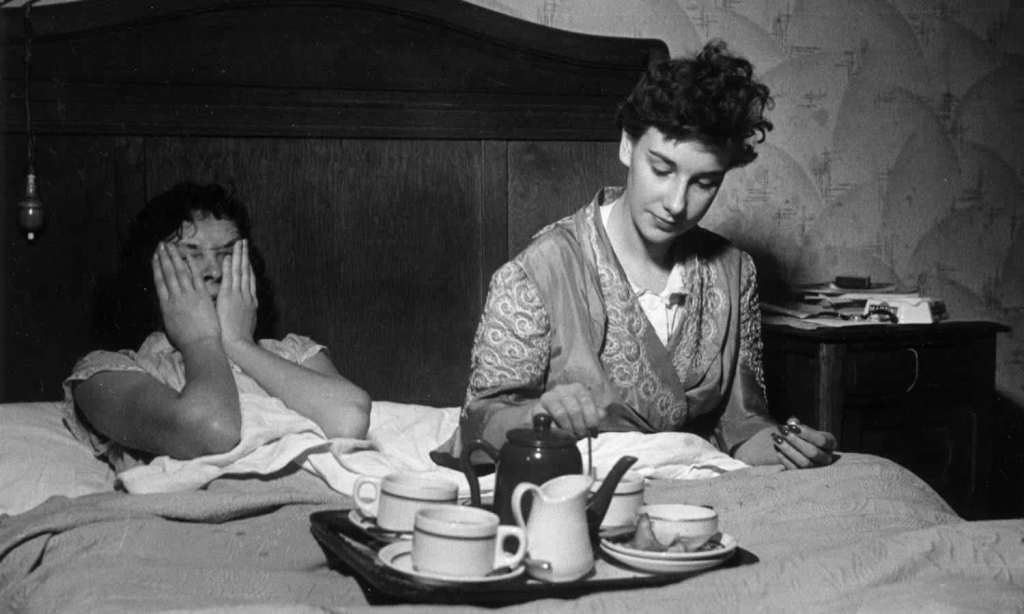It’s not expresso, it’s espresso (waves hands in the air like an annoyed European man).
But seriously, how do you feel about mispronunciations? Are they a turn-off?
Personally, I can get past them when it’s a friend, family member or someone I’m familiar with, because I can gently tell them and we can laugh about it. When I really get judgemental is when it’s someone I don’t know.
I’ve been on my fair share of first dates with people that pronounce things in the most cringe of ways.
“What are you going to get to drink?” I’ll ask. “A red wine probly,” they’ll reply. “You mean probably?!” My internal monologue screams, ‘Brush it aside Laura, don’t be mean, they’re just nervous.’
But you know that when someone has made one mispronunciation, there’s probably more to come.
“I don’t do anything pacific.” It’s specific. “I think I’ll get the brus-k-etta.” It’s bru-sh-etta. “I love your assessories.” They’re accessories, but thanks.
Arguably, mispronunciations are not completely the fault of the individual, but surely have a lot to do how with how we were taught as kids. I was always taught to sound out the word as I spelt it, and I don’t think I’ve had too many problems since. But as you can probably tell, I take grammar pretty seriously.
You can often tell when someone is partial to a mispronunciation, or 10, if they misspell things via text – and not in a cute purposeful way. If you get “defiantly” in a text instead of definitely, safe to say it’s all downhill from there.
Thankfully, turns out I’m not alone in my annoyance.
Insights agency Perspectus Global recently surveyed 2,000 people about hated mispronunciations. According to their research, while 65% of people are cool enough to let a mispronunciation go unmentioned, 35% are likely to correct their friends and 10% make a point of correcting strangers.
“Pacifically” instead of “specifically” was the biggest offender, with 35% of respondents saying that particular mispronunciation annoyed the hell out of them. Second in line was “probly”, coming in at 28% and one of my personal pet peeves.
I think it’s important to correct people’s mispronunciations, not only for your own benefit, but for theirs. Perhaps no one has ever corrected them before, which to be honest I think is pretty mean, and could be impacting how they’re perceived in social and professional environments, not to mention, making them less attractive to potential lovers.
People are usually pretty good at being corrected, if you do it respectfully. We’re starting to becoming more open-minded as a society and less stubborn and set in our ways, meaning that we’re open to evolve and are better at taking constructive criticism.
Being rude, or embarrassing someone about their mispronunciations is not the way to go, because cruelty is never constructive. If you’re like me and mispronunciations can be a dealbreaker, it’s vital to learn how to correct people with kindness.
It sounds superficial, but I’ll admit I’ve not slept with someone because of their continuous, terrible pronunciation, grammar and spelling. As a forever book nerd, queen of English class and now a writer, I take words pretty seriously and my heart actually hurts when people fail to deliver on correct words.
But for some people, and according to Perspectus Global, 35% of people aren’t phased by mispronunciation. In the end, it’s not about being perfect. There’s no need to stress about getting every word right forever. Just be open-minded and try your best to be kind if correcting someone, and open to learning if you’re being corrected.
Read more stories from The Latch and subscribe to our email newsletter

